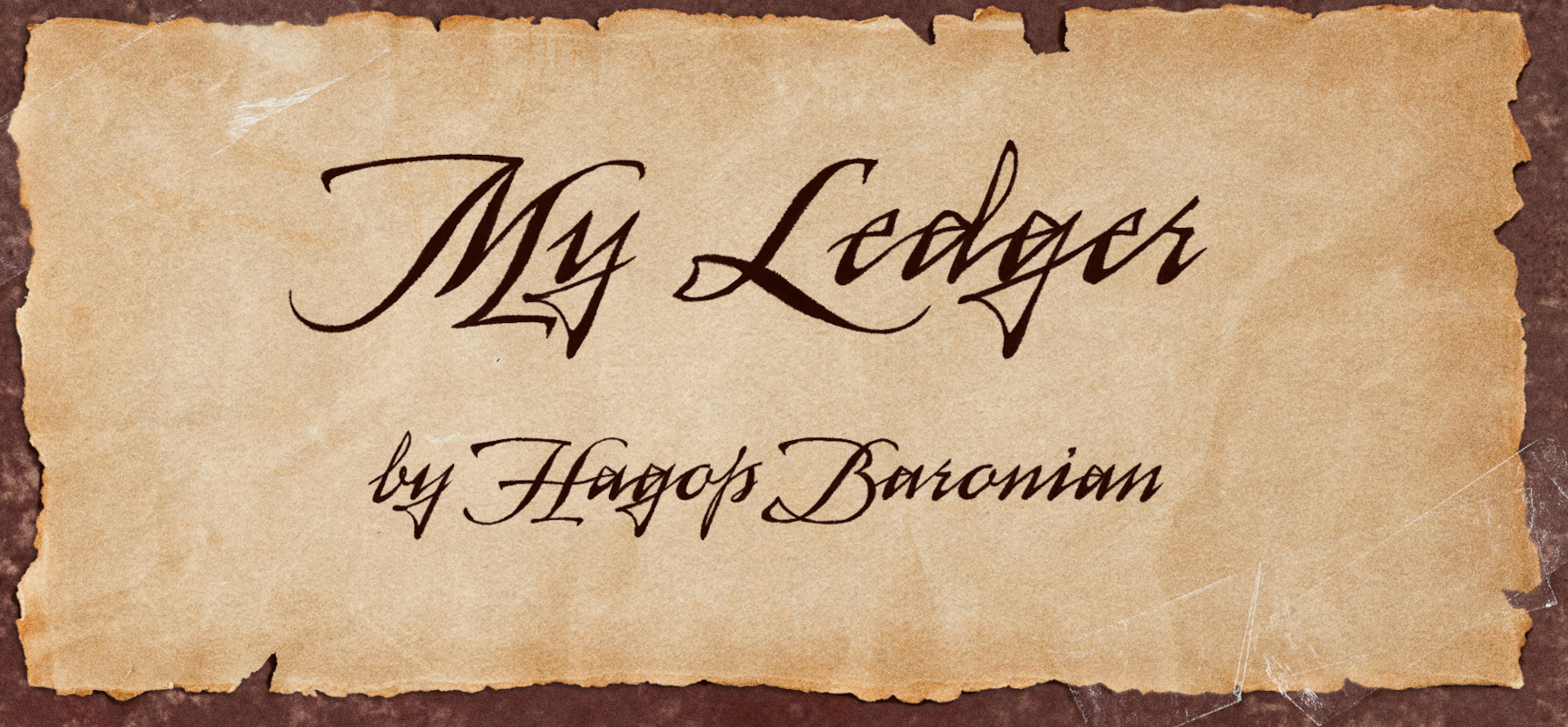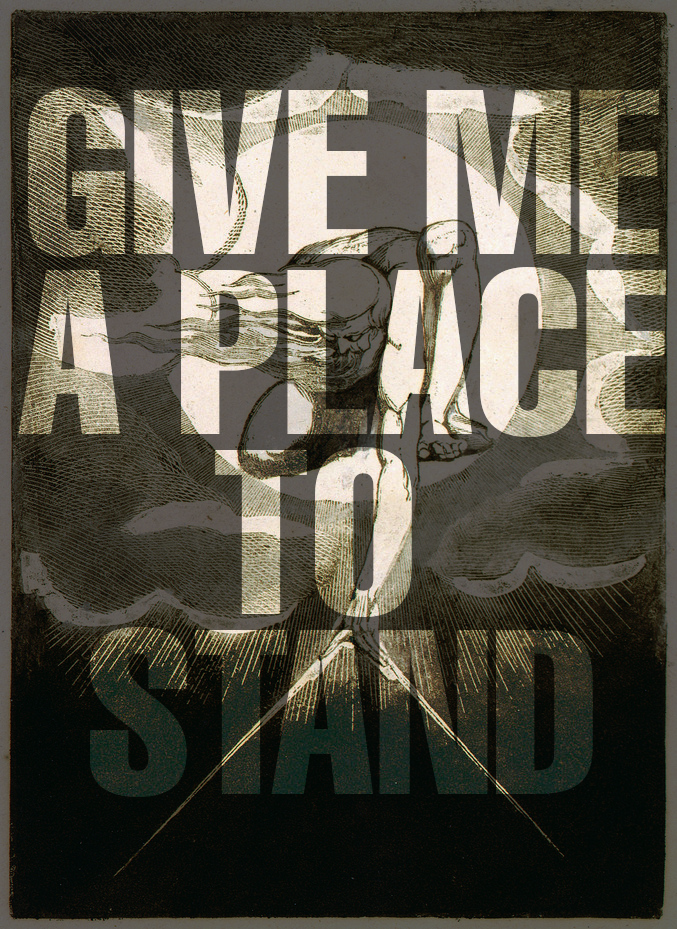Whether good or bad, every “first” is a cause for commemoration. If bad, it is commemorated so that it never happens a second time; if good, that it may be remembered and become a pattern to be repeated as often as possible. This year, Rose and Alex Pilibos Armenian School in Hollywood California, just had the kind of “first” which deserves to be commemorated and repeated again and again. For the first time in the history of Armenian schools in the United States, and, to my knowledge, anywhere else in the world, Rose and Alex Pilibos offered a translation...
Jul 20, 2023










